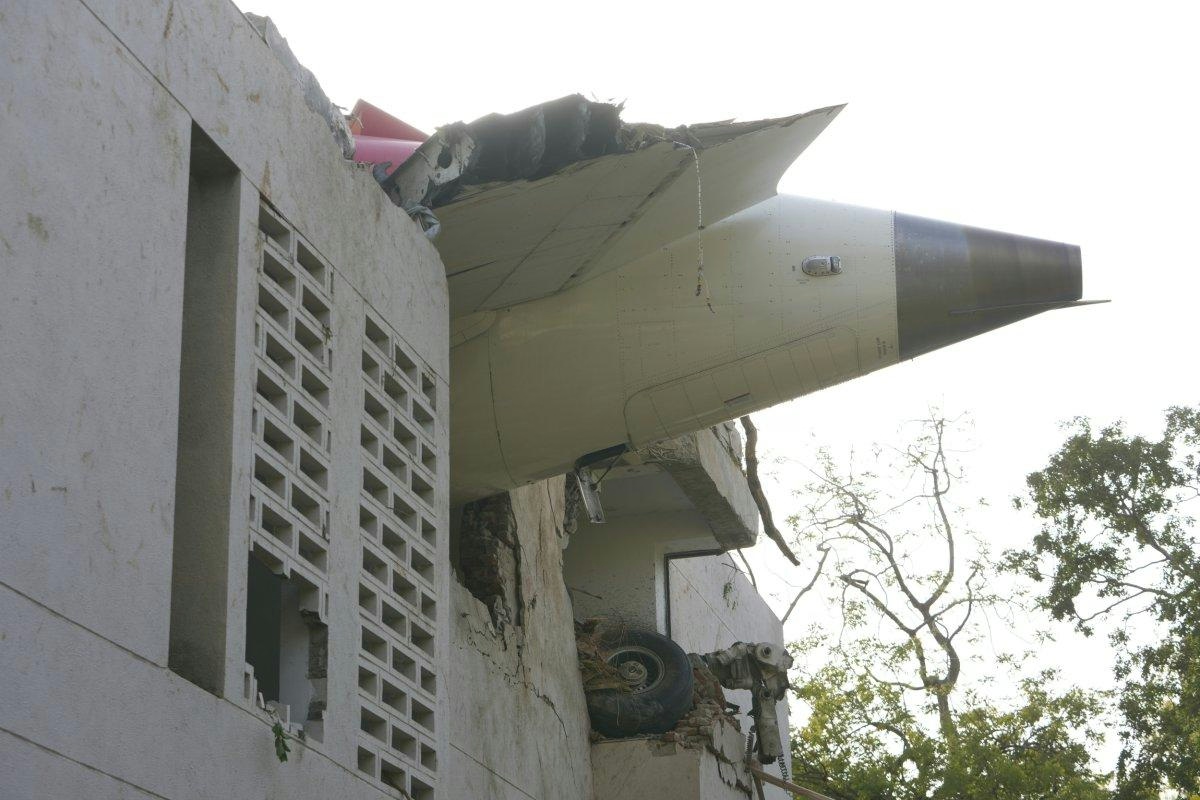
Smarter email, faster business.
Trending
Boeing Plans 2027 Delivery of Next-Generation Air Force One Jets
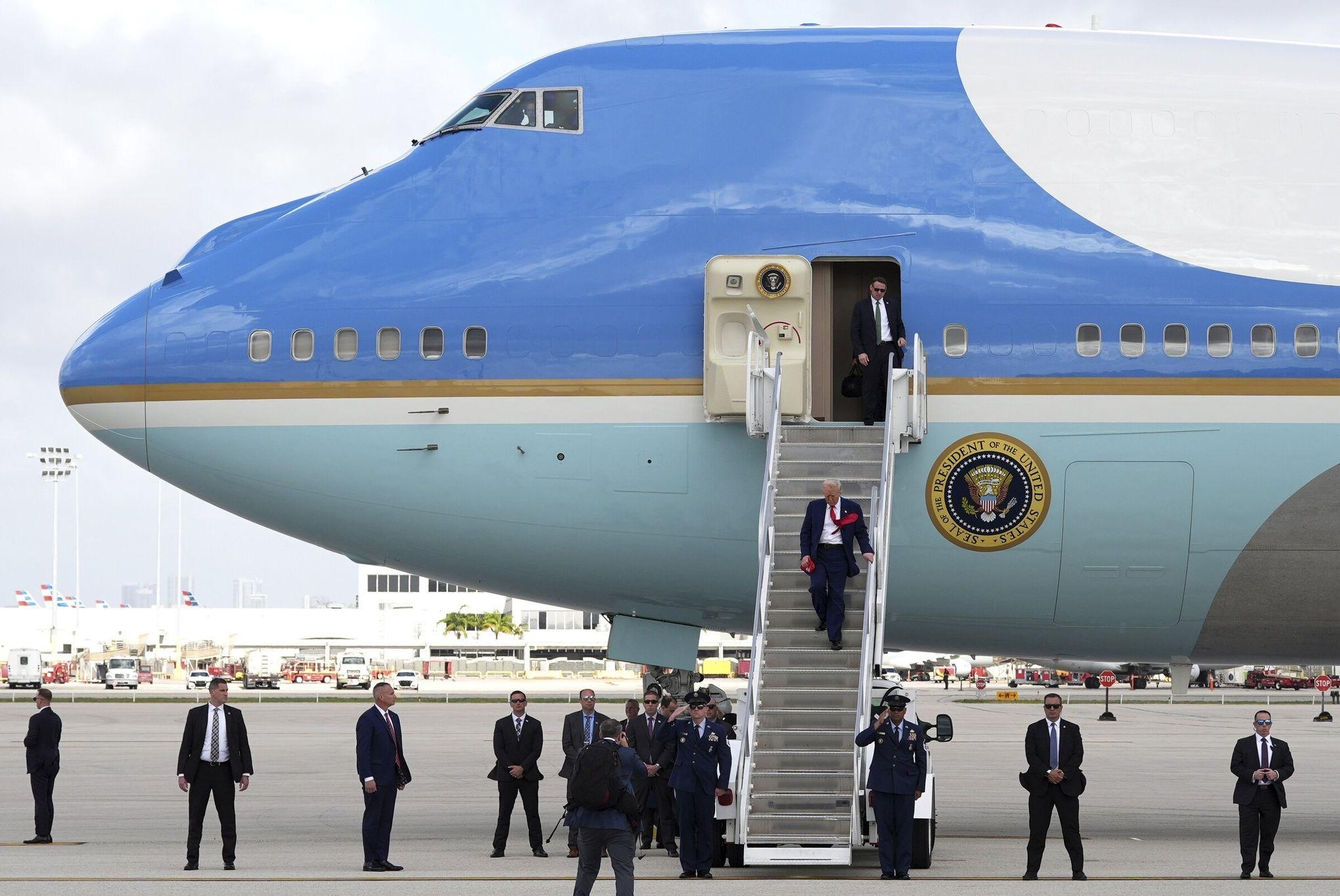
Boeing Sets 2027 Delivery Target for Next-Generation Air Force One Jets
Boeing has announced its intention to deliver the next-generation Air Force One aircraft by 2027, reaffirming its critical role within the U.S. defense sector. This milestone, disclosed through a social media update on May 7, 2025, highlights Boeing’s ongoing commitment to fulfilling significant government contracts. Following the announcement, Boeing’s shares rose by 1.2% to $178.45, reflecting renewed investor confidence in the company’s capacity to meet stringent project deadlines. The Air Force One program remains a symbol of national prestige and underscores Boeing’s influence in the defense industry, a sector closely monitored by investors for its implications on economic stability and government spending.
The timeline for this high-profile contract may prompt shifts across defense stocks as market participants evaluate the potential impact on Boeing’s competitors and the broader industry landscape. While specific responses from rival firms have yet to emerge, the project’s progress is expected to be a key factor in shaping investor sentiment within the defense sector.
Defense Sector Stability and Market Implications
The defense industry has historically been associated with market stability, often encouraging increased risk appetite among investors. The announcement of Boeing’s 2027 delivery target coincides with a bullish phase in the broader equity markets, with the S&P 500 rising 0.8% to 5,187.67 on the same day. This positive momentum in traditional equities frequently extends into other asset classes, including cryptocurrencies, as institutional investors adjust their portfolios in response to government-backed initiatives and anticipated increases in defense spending.
For Boeing, securing the Air Force One contract with a clear delivery timeline enhances its long-term revenue outlook and solidifies its position as a leader in the defense sector. The development is likely to influence broader market sentiment, with defense stocks potentially experiencing further fluctuations as investors track progress and anticipate competitive responses.
Impact on Cryptocurrency Markets and Technical Indicators
The optimism permeating traditional financial markets has been mirrored in the cryptocurrency space. On May 7, 2025, Bitcoin traded at $62,350, marking a 2.1% increase over 24 hours, while Ethereum rose 1.8% to $3,015. This parallel uptrend suggests a correlation between stock market confidence—partly driven by developments such as Boeing’s Air Force One project—and cryptocurrency price movements. Traders have shown increased interest in major pairs like BTC/USD and ETH/USD, supported by growing institutional capital inflows into riskier assets.
Crypto-related equities also benefited from this positive sentiment, with Riot Platforms shares rising 1.5% to $10.25. Additionally, Bitcoin exchange-traded funds recorded a net inflow of $217 million on May 6, 2025, indicating heightened institutional engagement potentially linked to favorable signals from the defense sector.
Technical analysis further supports the bullish outlook. Bitcoin’s Relative Strength Index (RSI) stood at 58, and Ethereum’s at 56, reflecting neutral-to-bullish momentum. Trading volumes surged significantly, with Bitcoin’s volume increasing by 18% to $28.3 billion and Ethereum’s by 15% to $12.7 billion over 24 hours. On-chain metrics corroborate this trend, as Bitcoin’s daily active addresses rose to 615,000 and Ethereum’s transaction count reached 1.2 million, demonstrating robust user participation. These indicators suggest that optimism in traditional markets, fueled by milestones like Boeing’s Air Force One project, is contributing to heightened activity across digital asset platforms.
As Boeing progresses toward its 2027 delivery goal, the dynamic interplay between defense sector developments and broader financial markets, including cryptocurrencies, remains a critical focus for investors worldwide.
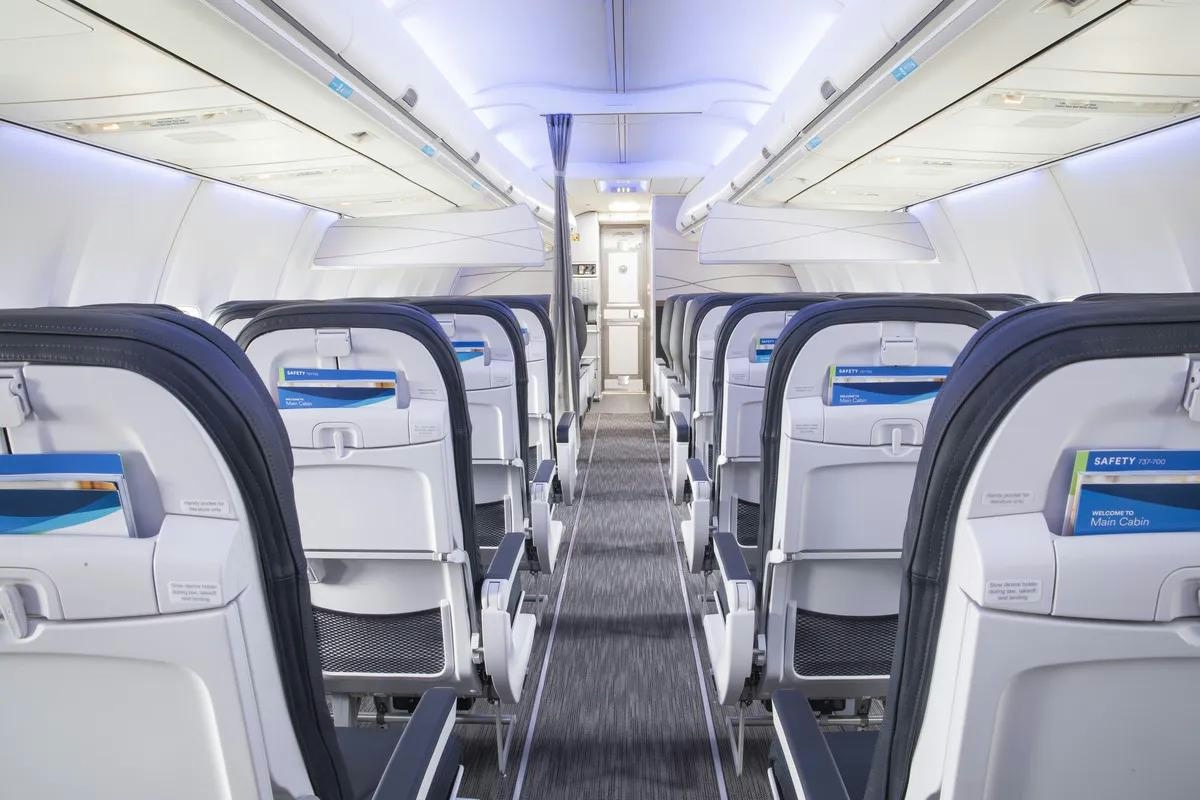
Key Questions on Chinese Travel, AI, and Airlines Answered by Skift
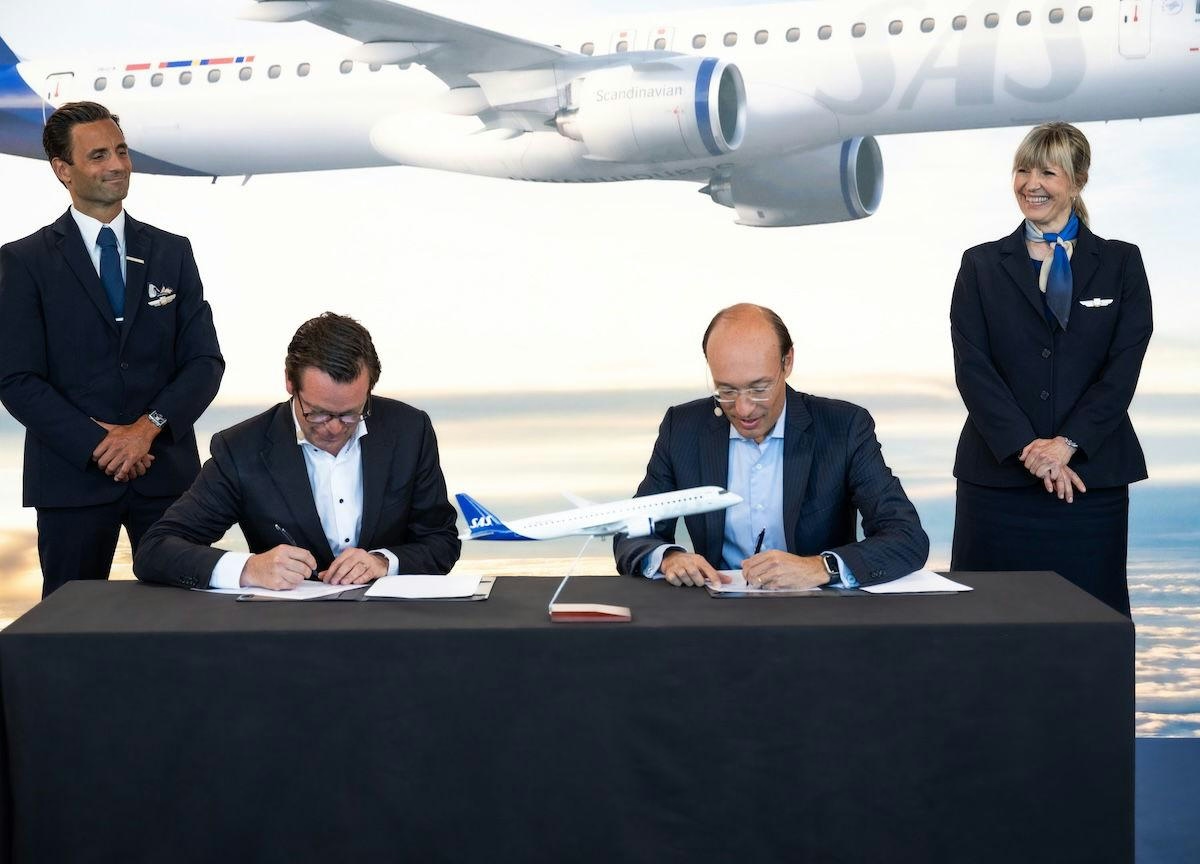
SAS Orders Up to 55 Embraer E195-E2 Jets

Portugal Hosts Aviation Pioneers at World Aviation Festival in Lisbon

World Star Aviation Backs XMAL’s First Lease Deal with easyJet
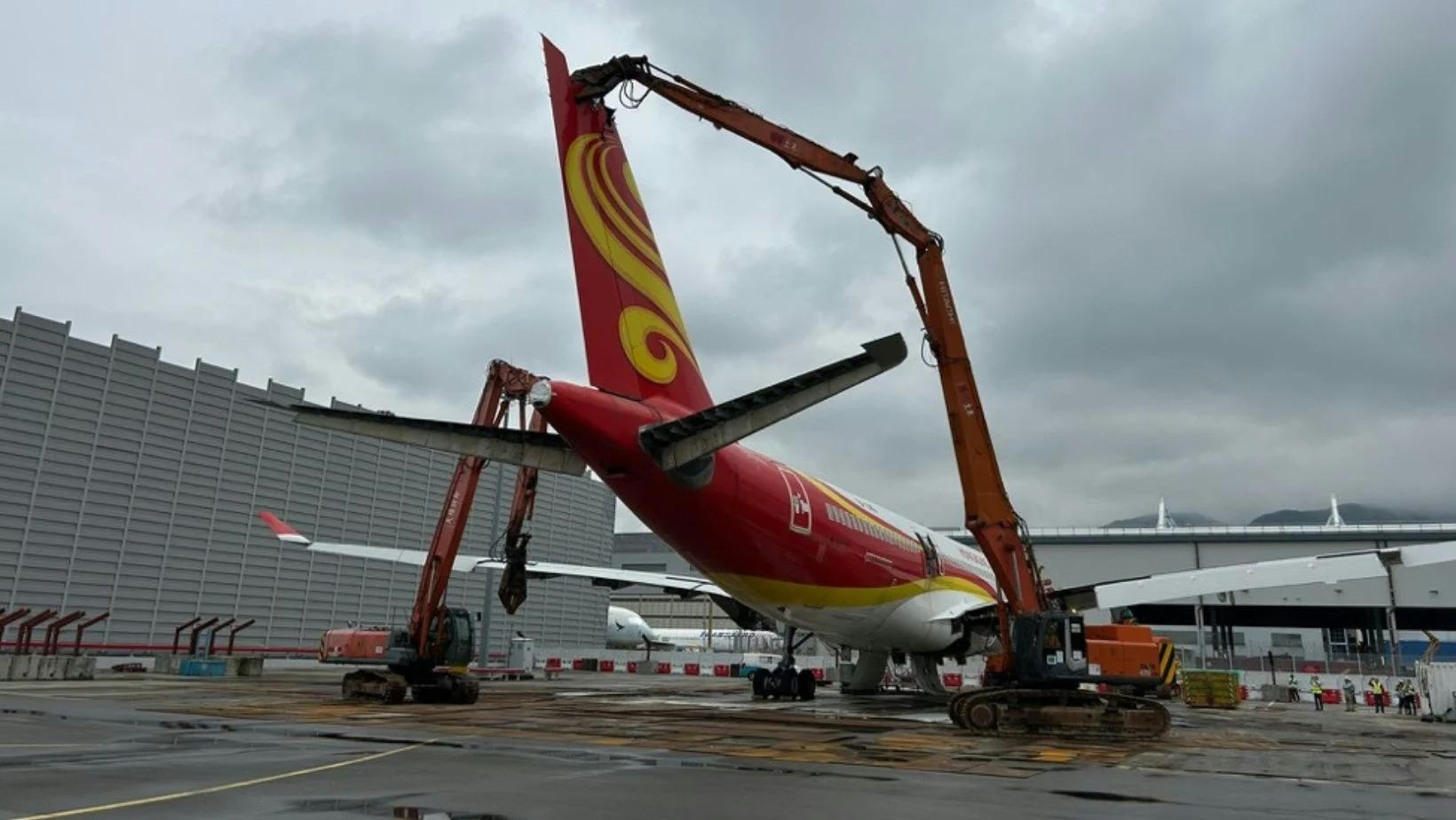
AerFin Conducts First Aircraft Disassembly at Hong Kong Airport

Fuji Dreams Airlines Renews Contract with IBS Software

Prague Airport Advances Traveler Experience Through Technology
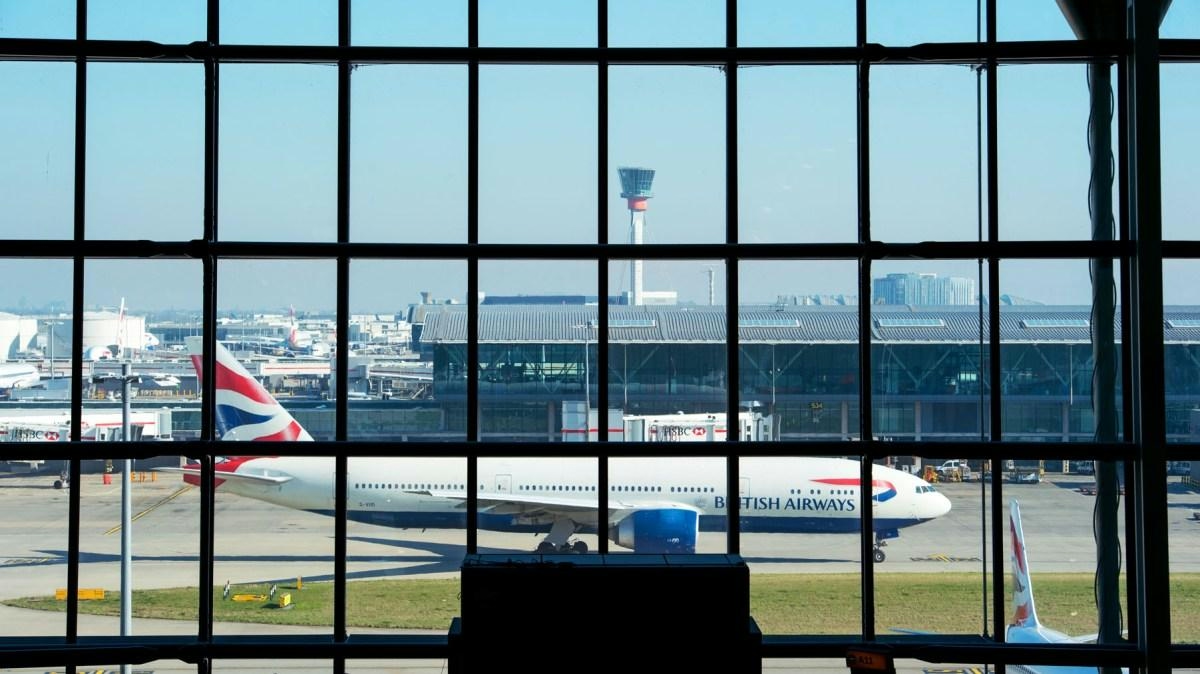
British Airways Employs AI to Reduce Delays and Cancellations
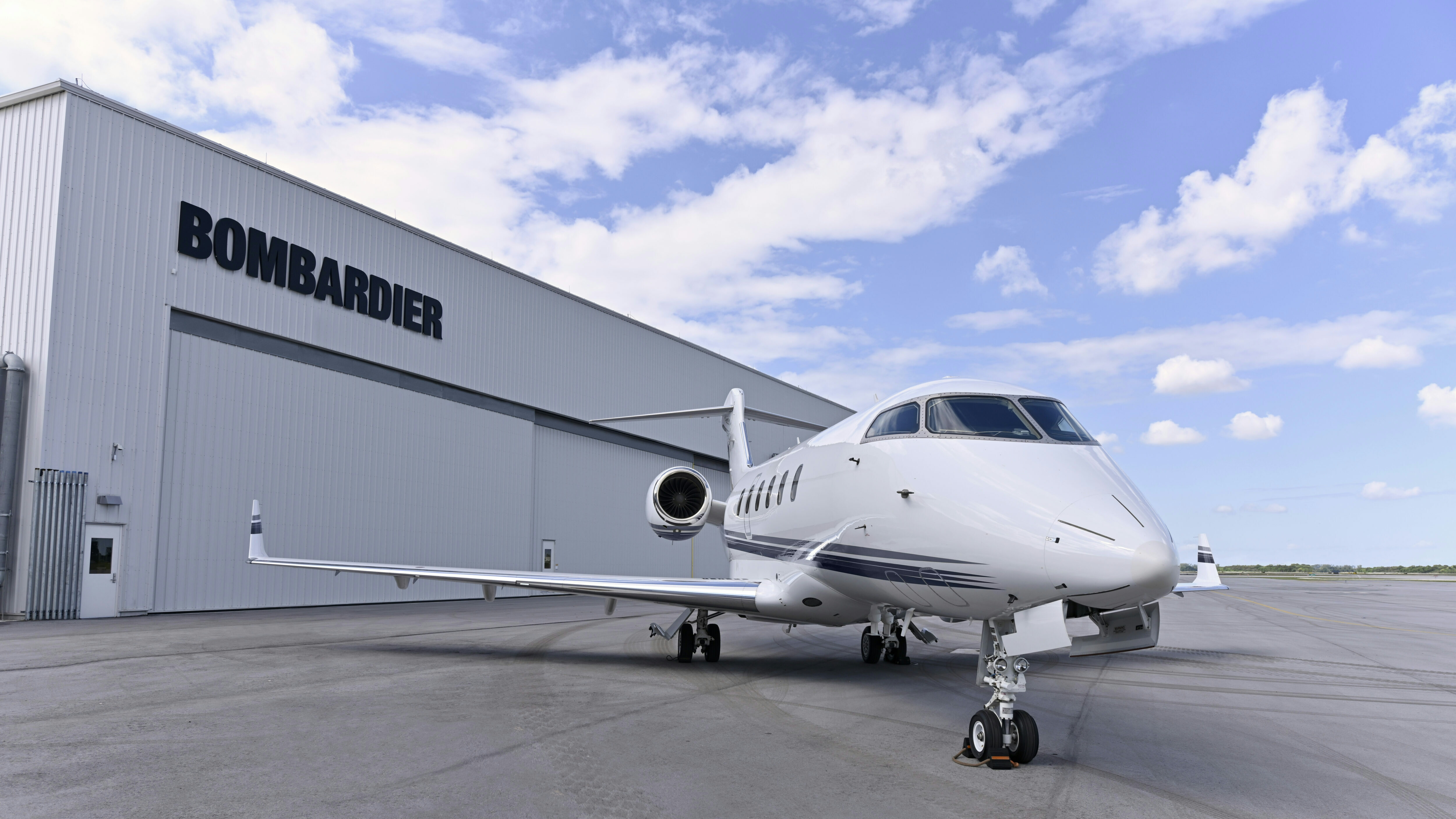
Bombardier's $1.7 Billion Deal Signals the Power of Long-Term Service Partnerships in Aviation
